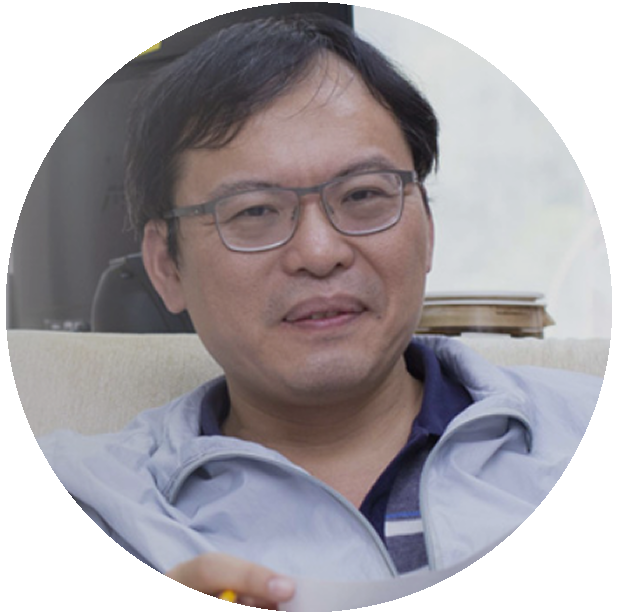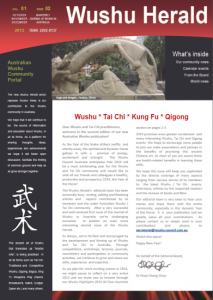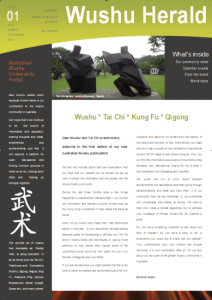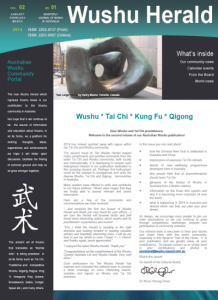Contemporary Chinese martial arts and the manipulation of cultural positioning
| March 2022 | Journal of Contemporary East Asia Studies
by Wen-Hsuan Tsai, Zhengwei Lin
Abstract
Traditional Chinese martial arts have a long history. In terms of cultural positioning, traditional martial arts have two main functions, namely, to promote patriotism and to provide opportunities for commercial exploitation. These are primarily reflected in the combat style and the expressive nature of traditional martial arts. In addition, martial arts can be useful in the governance of contemporary Chinese society, as they have the potential to boost morale and patriotic sentiment among the public. However, there is evidence that the Chinese Communist Party (CCP) manages traditional martial arts in a closed and independent way which obstructs the internationalization and scientific development of traditional martial arts.
About the Author(s):
Wen-Hsuan Tsai, research fellow in the Institute of Political Science, Academic Sinica. Dr. Tsai graduated from the Graduate Institute of East Asian Studies, National Chengchi University (ROC) in June 2010. From July 2010 to August 2012, he served as a postdoctoral fellow in the Department of Political Science at National Chengchi University. His main academic interests are Political Reform in the CCP, Political Institutions in the CCP, Comparative Politics, and Comparative Authoritarian Regimes.
He has published many articles in both Chinese and English language academic journals, and in 2011, Dr. Tsai published an academic book entitled The Logic of Political Reform in Mainland China: A Comparative Study of Sichuan, Guangdong, and Jiangsu (in Chinese), as well as a book with Prof. Chien-Wen Kou: Targeting the 18th Party Congress: The CCP’s Fifth Generation of Political Leaders (in Chinese).
Zhengwei Lin – a Department of International and Mainland China Affairs,
National Quemoy University, Quemoy, Taiwan













